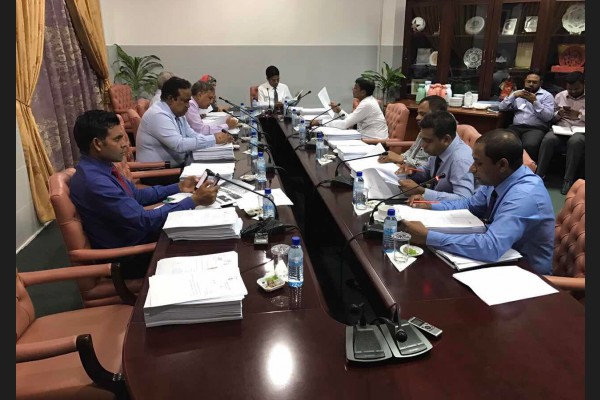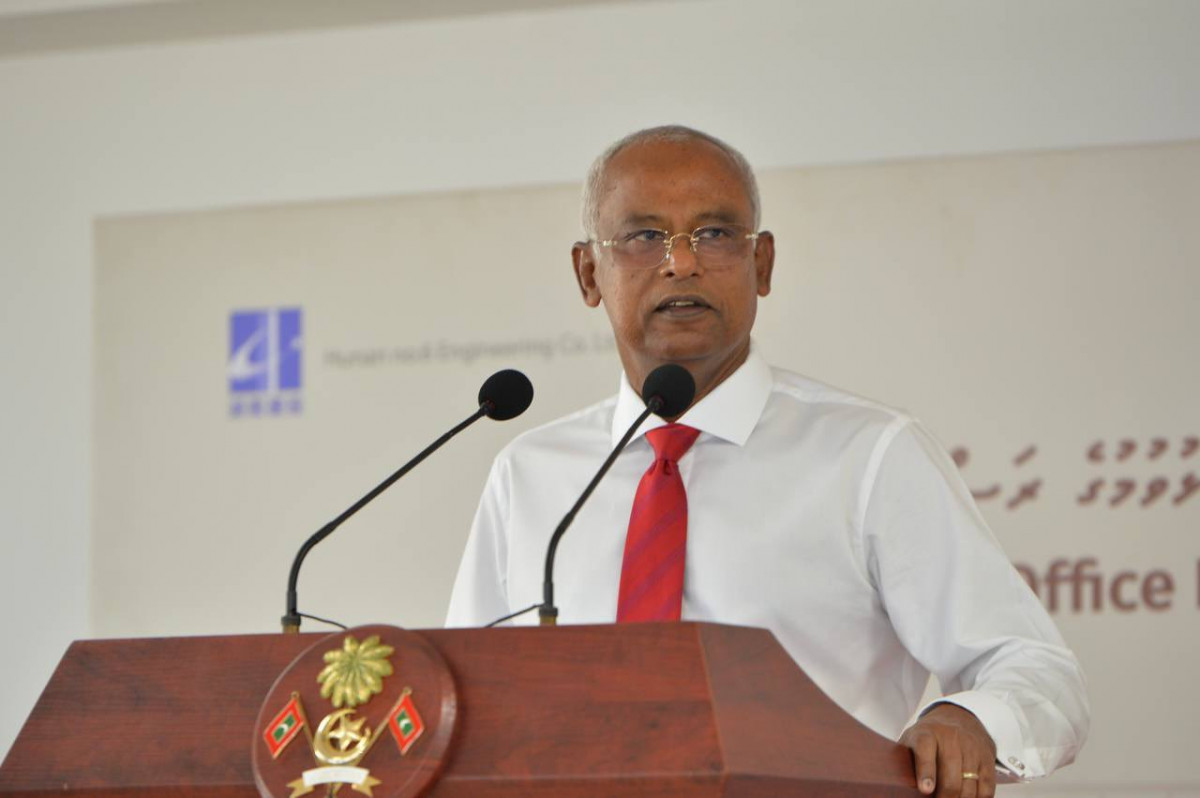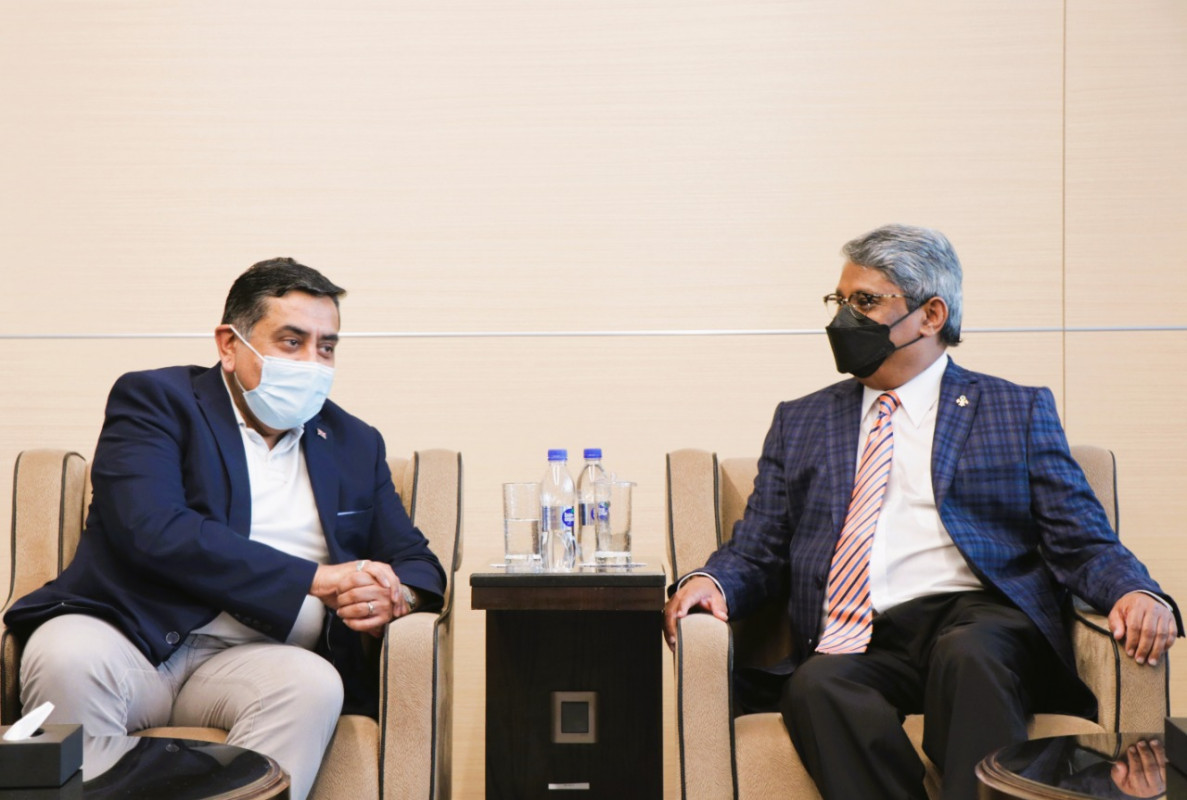Supreme Court urges to 'find solution' to MPs skipping parliament sittings
The court ruling said that some members have made a habit of abstaining from Majilis meetings on purpose.


Committee Meeting at People\'s Majilis
Supreme Court's ruling confirms that nine parliament members (MPs) who excused themselves from Majilis on the day Anti-Defection Law was passed, were present at committee meetings on the same day.
It was confirmed from the decision made by the court regarding the case filed by the opposition seeking to nullify the anti-defection law. The ruling, which said that the law was consitutional, said that as of recently some members have made a habit of abstaining from Majilis meetings on purpose. It also added that MPs have admitted to abstaining from Majilis meetings as a result of certain issues they have with how the parliament functions.
According to the court ruling 28 members who requested to be excused from the sitting on 13th March without stating a reason. However, several members who sent the request were present at committee meetings later that day, and some members who refrained from entering the parliament chambers were spotted inside the parliament building.
It added that while 13 votes have been taken, 43 MPs have continusly missed the sittings, and that 39 MPs were present on the day anti-defection law was passed.
The Supreme Court ruling also said that in case the parliament is dysfunctional and no legal solution can be found, then President of Maldives has the authority to find a political solution to the issue. Additionally, highlighting the lack of solution to the problem of MP's absenteeism, the court ruling urges to find a solution to the matter.
If legal work is at halt as a result of a dysfunctional parliament, the court said that action can be taken under a doctrine of necessity. Therefore, the court ruled that, even though the consitutionally required 43 MPs were not present at the vote on anti-defection bill, that it is still acceptable as it was done so under the doctrine of necessity.






